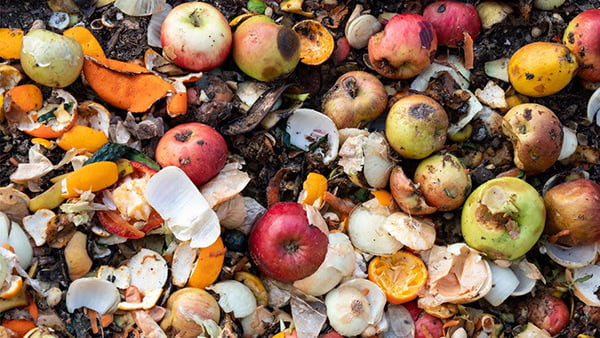Every year there seems to be more emphasis placed on addressing waste as a resource and creating a circular economy with different waste streams. With food and organic waste, it was no different. More attention on a national, regional and local level was given to different alternative waste treatment (AWT) technologies and processes that divert organic waste and process it into a resource. These were the milestones that we, as an industry, saw in 2022:
Western Cape Organic Waste Landfill ban
The big one that we were all watching was the Western Cape’s proposed 50% organic waste reduction requirement. Significant shifts have been seen over the past year, but still more monitoring and waste data collection needs to happen on-site to understand where we are in terms of the percentage that industry diverts using technologies like composting units. The Western Cape is a good region to keep our eyes on with a complete organic waste diversion target on the cards by 2027.
Voluntary Food Loss and Waste Agreement
Specific to the retail sector, this is an agreement that has been prioritised by many of South Africa’s big retail groups. The agreement is to redistribute the edible food surplus and process the non-edible food stream to become a secondary resource that can be used on-site or sold locally. Many big retail groups committed to this agreement and have started reporting on their organic waste processing initiatives.
Consumer awareness of support for an organic waste circular economy
This year we have also seen more consumers increasing their home composting efforts. The City of Cape Town rolled out home composting bins in some areas. This came with an increased level of awareness towards the importance of composting and why it should be done on a larger scale within retail, agriculture and hospitality.
Increased on-site composting
With an increase level of consumer awareness, tightening waste regulations, and the economic benefits of composting more businesses started to commission on-site composting projects, whether it be in enclosed units like BiobiN, or windrows.
Still the most efficient and odour free way of composting food and organic waste is within a contained unit that is aerated and uses filters to avoid leachate build-up that can cause bad odours.
Composting on-site reduces waste landfilling tariffs, transport costs, and creates a valuable resource that can be used on-site or at a local community food garden. Many big food retailers opted to support local food initiatives with the compost streams that are produced from food and organic waste.
Demand for more regional and local composters
With an increased amount of organic waste that is being processed via on-site units like BiobiN, there is a need for more regional composting businesses for the in take of this stream. With more big retailers and businesses diverting and processing huge volumes of organic waste, there is a great economic opportunity for more composting businesses to start up and join the food and organic waste value chain. South African waste management regulations, specific to organic waste composting supports and encourages more regional on- site composting solutions.
BiobiN South Africa has seen our most successful year yet with a total of 3500 tonnes of food and organic waste diverted from landfill and processed via our on-site composting units.
Keep up with the conversation at www.biobin.co.za or on our Facebook page: https://www.facebook.com/BiobiNSouthAfrica















